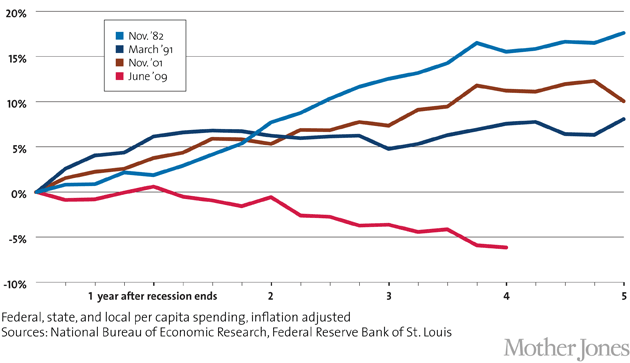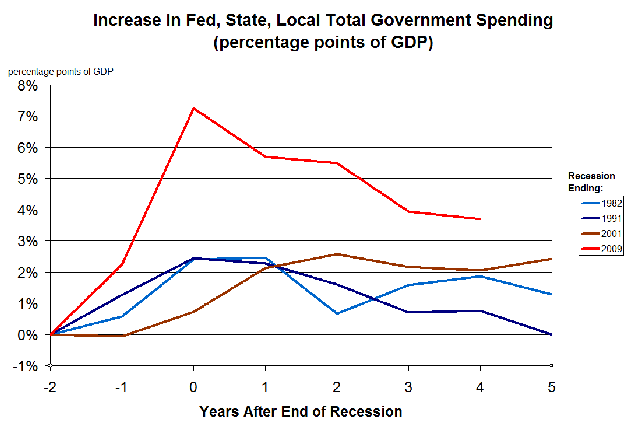I’ve never worked in the investment banking world, but even at the tech companies I’ve worked for over the years, I saw smaller versions of the kind of behaviour that Chris Tell says are sure-fire signs of a toxic corporate culture:
It was the late 90′s, markets were booming and the only thing that seemed to be flowing faster than the pints on a typical Thursday night in the city of London’s watering holes, was of course the money.
Living it up … great food, expensive cocktails — in fact the more expensive the better — that was the prevailing attitude. Never on your own dime of course.
This wasn’t unique to Lehman, who I was with at the time, or to any other bank for that matter. I contracted to a handful of the big names, and they were all abusers.
It was, and still is deeply ingrained in much of the investment banking corporate culture. It’s also been a cancer in many of the businesses I’ve researched over the years.
I now have zero tolerance for it as an investor and business owner, despite the fact that I was more impressionable when younger.
Back then, being young and naive, working for a fancy-pants IB, I was awestruck by my bosses spending hundreds of pounds in a drinking session. As I look back I’m embarrassed for thinking that these wealthy parasites where gods of some kind. The more they spent … the bigger an asshole they were … the more they were idolized and revered!
As far as I could tell most of my fellow inmates had applied to an ad that read something like: Arrogant, obnoxious, self-aggrandizing types being accepted now.
[…]
Humans have a desire for fairness but also love a free lunch. These two aspects work against each other.
Soon one manager sees another manager ordering lobster at lunch and thinks to himself, “Screw it, if he’s getting it so should I.” Rapidly a culture of entitlement develops where mysteriously, corporate travel, apartments, dinners, drinks and other things that have little to no ROI start burning up the expense accounts. These folks rarely stop to consider the impact of their actions, while somehow believing that they have “earned it” and indeed “deserve it.”
I was never able to put my finger on it at the time, but having subsequently spent the majority of my adult life researching and investing in early-stage businesses, I now have a keen eye for spotting this, and will never invest in businesses which allow this type of culture to gain footing.
Once let in the door it grows like a cancer and completely destroys shareholder value.
Incidentally, it’s not distinctly different to how career politicians view themselves. They actually believe that what the do, day in and day out is worth something more than it is. That it’s somehow more than just community service, and they should be compensated in the fashion that they (currently — hopefully temporarily) are.





